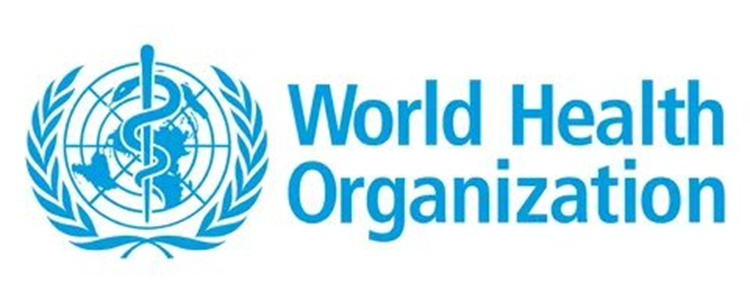Coronavirus disease (COVID-19): Tobacco

Tobacco compromises lung function, and COVID-19 primarily affects the lungs. Smoking tobacco is also a known risk factor for severe disease from many respiratory infections, including coronaviruses SARS (first identified in 2003) and MERS-CoV (first documented in June 2012). Smoking also impairs the immune system and previous studies have established that tobacco use is linked with poorer outcomes for people with TB and pneumonia.
Evidence indicates that smokers are more likely to suffer more severe outcomes of COVID-19, such as admission into intensive care units and death, than never smokers. Furthermore, severe forms of COVID-19 or deaths due to COVID-19 are more frequent in people with comorbidities that are related to tobacco use, including COPD, lung cancer and cardiovascular diseases. There is currently only limited information on COVID-19 in relation to other tobacco products (e.g. heated tobacco products, waterpipe, cigars) and electronic nicotine delivery systems (e.g. e-cigarettes), although these products are thought to play an unfavourable role in COVID-19 severity.
There is currently limited evidence about the relationship between e-cigarette use and COVID-19. However, existing evidence indicates that electronic nicotine delivery systems (ENDS) and electronic non-nicotine delivery systems (ENNDS), more commonly referred to as e-cigarettes, are harmful and increase the risk of heart disease and lung disorders. Given that the COVID-19 virus affects the respiratory tract, e-cigarette use may increase the risk of infection or severity of outcomes due to COVID-19.
Using smokeless tobacco often involves some hand to mouth contact. Another risk associated with using smokeless tobacco products, like chewing tobacco, is that the virus can be spread when the user spits out the excess saliva produced during the chewing process.
There is currently insufficient information to confirm any link between nicotine in the prevention or treatment of COVID-19. WHO urges researchers, scientists and the media to be cautious about amplifying unproven claims that tobacco or nicotine could reduce the risk of COVID-19. WHO is constantly evaluating new research, including that which examines the link between tobacco use, nicotine use, and COVID-19.
Source: WHO official website




